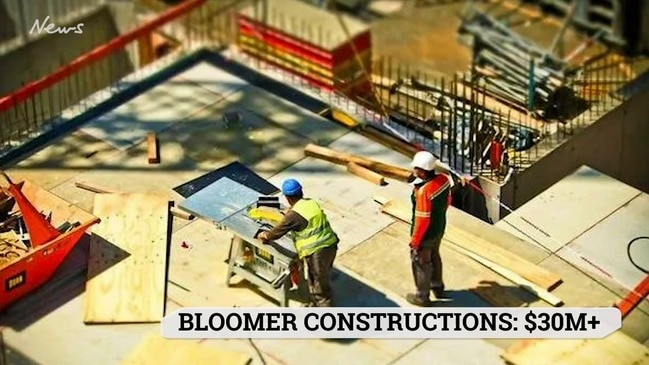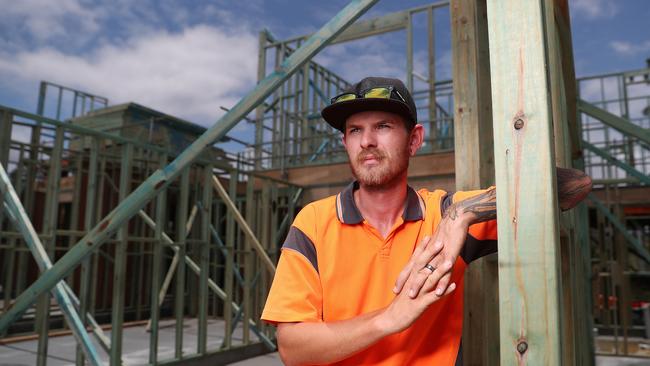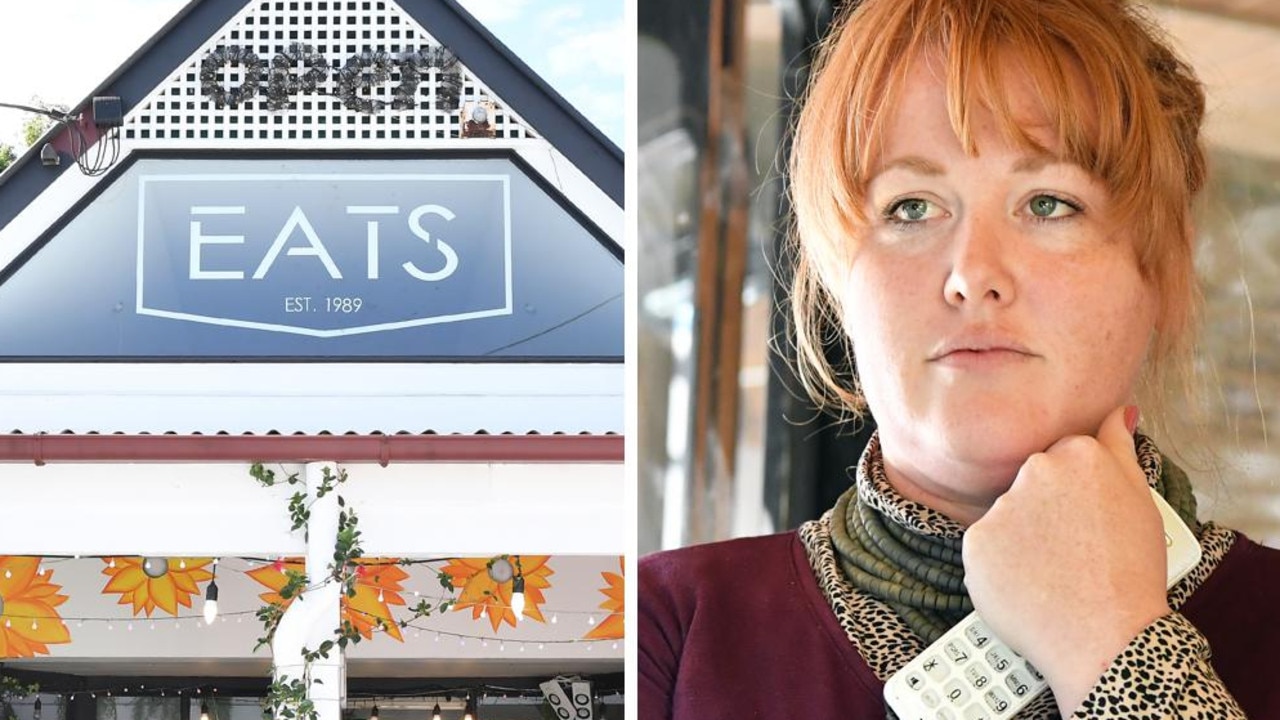The warning sign that nearly cost a Brisbane subbie his business
A Brisbane carpenter employing a team of seven almost came unstuck when he was caught for $35,000 within a month after a series of late payments. Days earlier, a contractor made a subtle change to its payment process with him. It was a warning sign he missed.

QLD Business
Don't miss out on the headlines from QLD Business. Followed categories will be added to My News.
STEVE Purcell thought he was gone.
The carpenter was just 25, out on his own and responsible for a gang of seven men.
He was the boss, the one who paid the wages and, in an industry where risk presents everywhere, the one who ultimately carried the can.
$50 million J.M. Kelly collapse: What the Government knew before it all fell apart
How the Queensland Government kept rogue builder JM Kelly afloat
Police and ASIC had eyes on officials at failed builder JM Kelly
Steve took work where he found it, but not recklessly. He worked on condition of invoices presented at 15 days and payment at 30. It was an approach that helped him sleep at night.
Then in early 2017 he woke to a text message telling him the gates were locked and not to go to the Waverley St Annerley, project he had been working on.
Within the month another job at Morningside had gone belly up. On that one he had changed his terms to 30-day invoices on offer of a payment boost. It was a warning sign he missed.
Only later did he realise his team and other trades on the site were replacements for others who previously, he said, had been ruthlessly swept out of the job.
When it came time for money to hit his bank account, it was missing.
“They said they may have missed my invoice or that it could have come in late,” he recalls.
“I said I would not come back, the money went in and we worked another two weeks before they went under.”
WHY MORE BUILDERS WILL GO BROKE
Caught for $35,000 within a month, Steve, who operates Stephen P Carpentry in Brisbane, said any more would have finished his fledgling business.
Even a small operation, like his was at the time, operates at a scale which would terrify most wage earners.
“It left me with between $10,000 and $15,000 in my account,” Steve said.
“Generally, it’s between $50,000 and $100,000 depending on when BAS and super is due.
“I did the figures for when more money was coming in. I had seven employees.”
The only way out for him was hard work and plenty of it.
“I needed to make the money back,” he said.

To do that required a crew willing to work 12 hours. Fortunately, his workers were prepared to stick.
“We did long days for three to four months and made it back. It was not a good time.”
Mr Purcell has no time for the industry regulator, the QBCC, whose licencing of builders he said offered no security of their financial viability.
And he described attending a meeting of creditors of the two companies that burnt him, as just more wasted time.
Builder collapse leaves $700,000 mess
‘We haven’t just taken money and run’
Subbies demand pay as another builder collapses
Stirling Homes Qld collapse hits 40 buyers
“The worst thing is builders want all your information,” he said.
“We should be able to know they have good credit, are paying their quarterly BAS and are doing the right thing.
“I don’t know where the money goes (when builders go broke). They all pay the same rate.”
Mr Purcell joined the advocacy group Subbies United from whom he learned about credit insurance.
He now paid $12,500 to his insurer annually and whenever he gets a new builder offering work, before he even looks at the plans, he sends it the company’s ABN and company numbers.
“It gives me peace of mind I will see the money and allows me to sleep at night,” he said.
Now with 15 staff on his books it’s a price he is prepared to pay, but it’s one he said a small tiler or concreter with three to five staff would struggle to afford.
“They shouldn’t have to allow for another $12,500 just to ensure they are paid.
“The pressure is not good for mental health or families.”


